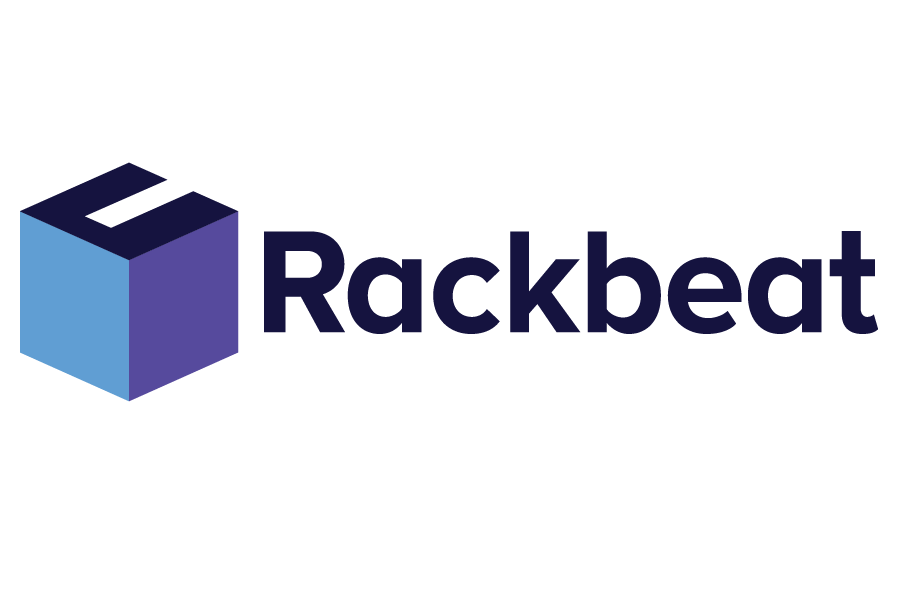Recall Management
Recall management covers the processes and procedures that are activated when a company needs to recall products that have already been shipped to customers, distributors, or end users. This may happen due to quality issues, safety defects, incorrect labeling, or regulatory requirements. Effective recall management requires quick response, precise traceability, and complete documentation – so that affected products can be identified and withdrawn without unnecessarily impacting the entire warehouse or supply chain.
Rackbeat September 12, 2025
Why is recall management important?
In industries with sensitive or regulated products – such as food, pharmaceuticals, electronics, or children’s products – a defect in a single batch can have major consequences. A recall can damage a company’s reputation, cause significant financial losses, and, in the worst case, put consumer safety at risk.
With a well-designed recall management process, companies can:
Act quickly and efficiently in the event of errors or risks.
Minimize damage to brand and finances.
Comply with legal and industry requirements.
Avoid unnecessary recalls of products that are not affected.
Recall management and warehouse management go hand in hand
Efficient inventory management is a prerequisite for successful recall management. If you don’t know exactly where your products are located – and who they’ve been shipped to – it becomes nearly impossible to execute a targeted recall.
This is where WMS (Warehouse Management Systems), batch tracking, traceability, and location management play a central role. A modern WMS allows you to:
Track products based on batch or serial numbers.
Identify where a specific batch is stored and who has received it.
Document the entire journey of the product – from purchasing and storage to dispatch.
Gain insight into which other items may have been affected by a potential issue.
At the same time, features such as order management and purchasing management help ensure that recalled products are not returned to stock or reused by mistake.
Who needs recall management?
Recall management is relevant for all companies handling physical products – but especially for those working in:
Food production and distribution
Pharmaceutical and healthcare industries
Electronics and component manufacturing
Cosmetics and personal care
Toys and childcare equipment
Chemicals and cleaning products
In these industries, traceability and documentation are often mandatory, and inadequate recall handling can result in both fines and loss of customer trust.
A recall requires structure and data
When a recall strikes, it’s not the time to shuffle through manual systems, spreadsheets, or old emails. That’s why many companies integrate their processes into a digital WMS, where warehouse management, order management, procurement management, and batch tracking are all connected in one system.
This makes it possible to act proactively, efficiently, and responsibly – which is what both authorities and customers expect today.
Want to be better prepared for warehouse management and risk handling?
Sign up for our newsletter and get practical tips, news, and guides straight to your inbox.
We cover warehouse management in a clear, down-to-earth way – with a focus on challenges and solutions that truly make a difference.


